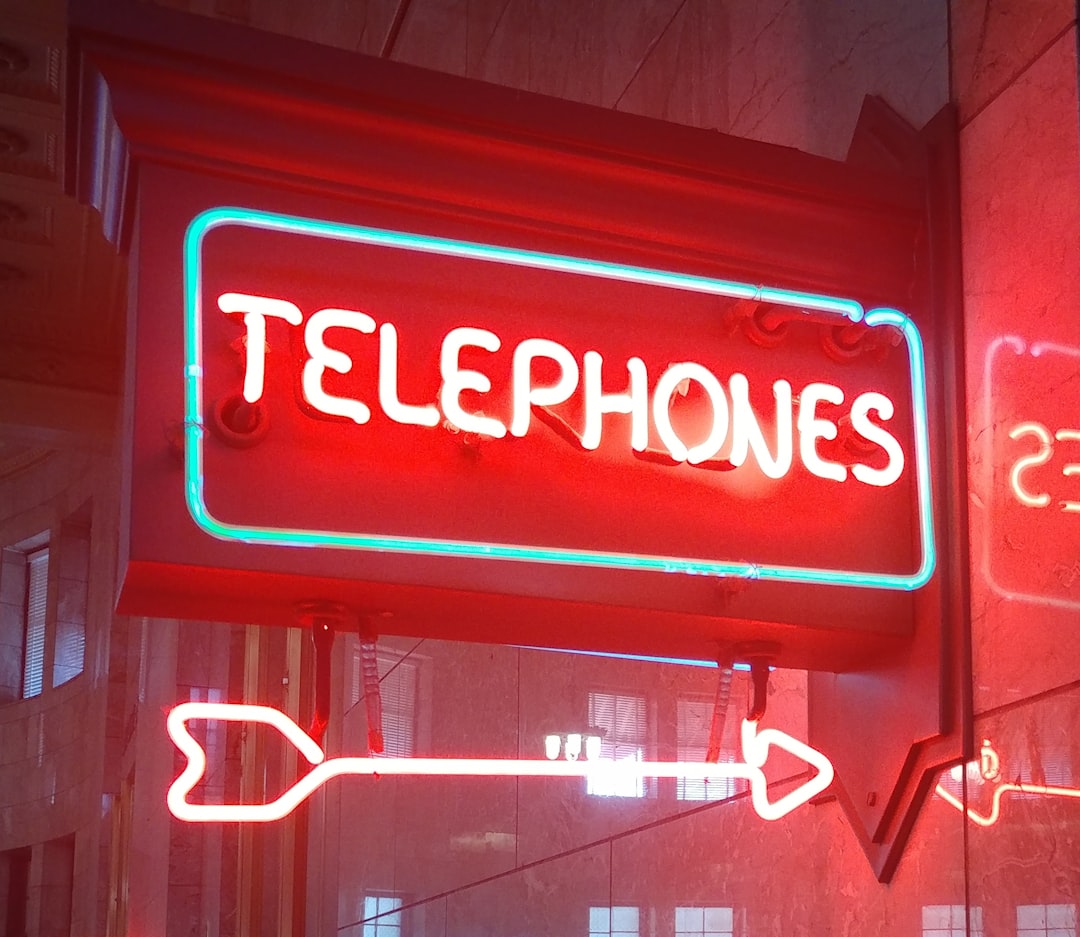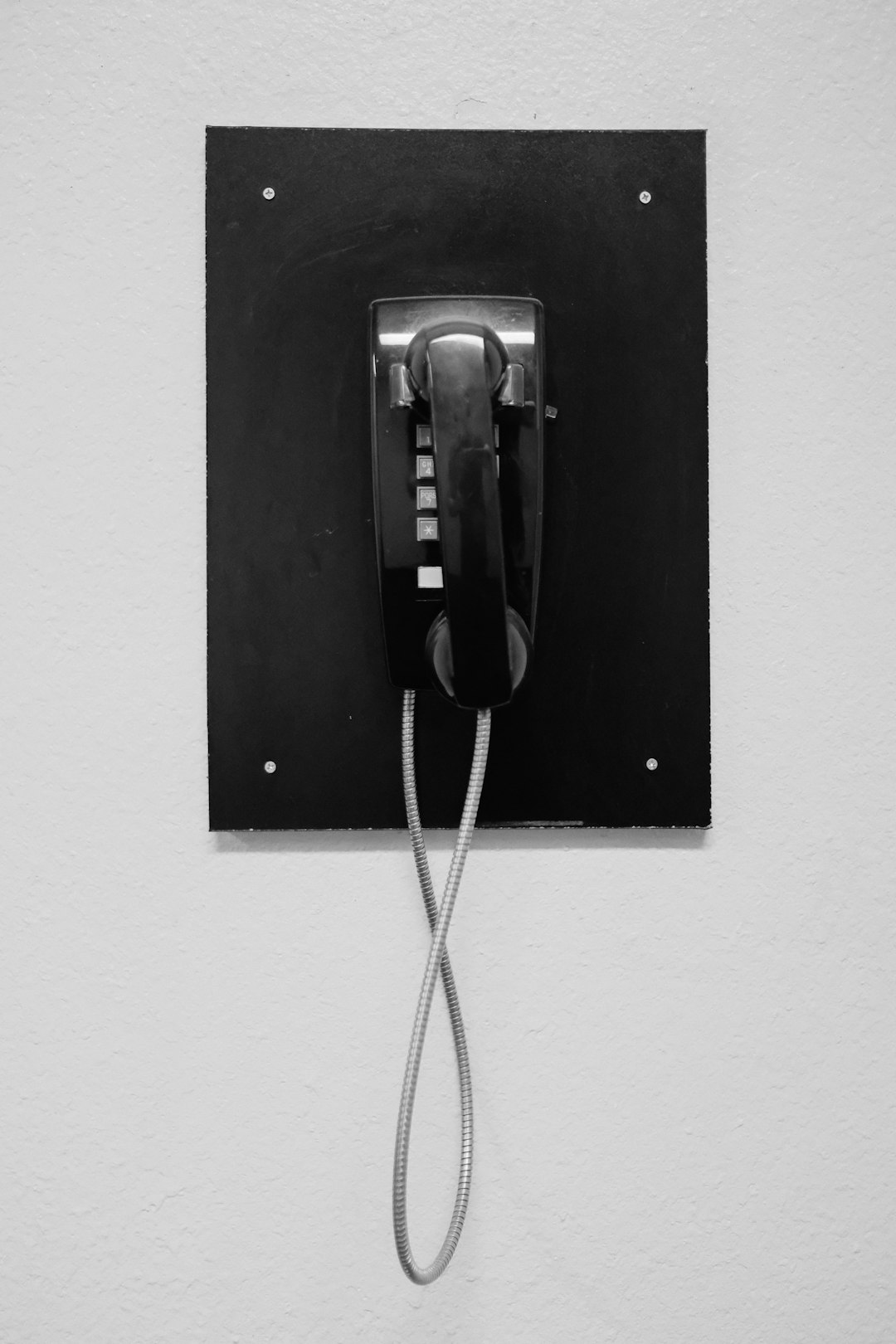Spam texts, unsolicited marketing messages via text, are a common nuisance in Maryland, but residents have legal protection under consumer protection acts like the Maryland Consumer Protection Act and Telephone Consumer Protection Act (TCPA). These laws empower individuals to block unwanted text messages and offer financial compensation through legal action against spam texts lawyers in Maryland. Victims should document and report unsolicited texts to their service providers or consult a spam texts lawyer for guidance on blocking future messages and potential legal recourse, with fines reaching up to $500 per day for spammers.
In today’s digital age, unwanted text messages, or spam texts, have become a pervasive nuisance. Maryland law offers protections for residents facing this growing issue. This article delves into the complex landscape of spam texts, exploring Maryland’s anti-spam legislation and the rights of consumers. We break down how to identify and combat spammers, along with legal remedies available to Maryland residents seeking relief from these intrusive messages. If you’re a Marylander facing spam texts, understanding your legal options can be empowering, especially when equipped with knowledge from a spam texts lawyer Maryland.
Understanding Spam Texts: Definitions and Maryland Law Overview

Spam texts, or unsolicited text messages, have become a ubiquitous and often annoying aspect of modern communication. In Maryland, as in many states, these messages are regulated to protect consumers from unwanted and deceptive messaging. The term ‘spam’ is derived from a term used to describe unwanted email, reflecting the overwhelming nature of such text messages. These texts typically promote products or services, often using aggressive marketing tactics.
Maryland law, through various consumer protection acts, addresses spam texts. The state has implemented strict guidelines for businesses and individuals sending bulk text messages, ensuring recipients’ consent and providing mechanisms to opt-out. Engaging a Maryland spam texts lawyer can help individuals navigate these complex laws and understand their rights regarding unsolicited text communications.
Legal Framework: Maryland's Anti-Spam Legislation and Protections for Consumers

Maryland has established a robust legal framework to protect consumers from unwanted spam texts, ensuring that individuals retain control over their mobile communications. The state’s anti-spam legislation, often referred to as the Telephone Consumer Protection Act (TCPA), provides stringent guidelines for businesses and telemarketers engaging in text messaging activities. This law specifically addresses the growing concern of unsolicited bulk texts, commonly known as spam texts, by limiting the ways companies can contact consumers via mobile devices.
Consumers in Maryland have significant protections under this legislation. It restricts the practice of auto-dialing and prerecorded messages unless the recipient has given explicit consent. This means that a consumer’s number cannot be automatically added to marketing lists or subjected to continuous spam texts without their prior permission. Furthermore, businesses must provide an opt-out mechanism, allowing recipients to easily discontinue receiving such messages. Any violation of these rules can result in legal repercussions for spam text lawyers in Maryland who engage in such practices.
Rights of Maryland Residents: What to Do if You Receive Unwanted Text Messages

In Maryland, residents have specific rights and protections against unwanted text messages, commonly known as spam texts. If you find yourself on the receiving end of such messages, it’s important to know your options. According to the Maryland Consumer Protection Act, businesses are prohibited from sending unsolicited text messages for marketing purposes without prior express consent from the recipient.
If you’ve received spam texts, the first step is to identify the sender and document the contents of the message. You can then take action by reporting the incident to your service provider or consulting a spam texts lawyer in Maryland. Legal experts can guide you through the process of blocking future messages and even pursuing legal action if necessary.
Holding Spammers Accountable: Enforcement, Fines, and Legal Recourse

In Maryland, spam texts are not just an annoyance; they are a violation of consumer rights protected by law. Holding spammers accountable is a crucial aspect of Maryland’s regulation against unsolicited text messages. The state has implemented strict enforcement mechanisms to deter and penalize those engaging in mass texting campaigns without consent.
Legal recourse for recipients includes filing complaints with the Maryland Attorney General’s Office, which can investigate and take action against violators. Fines for spamming can be substantial, reaching up to $500 per day for each violation. A spam texts Lawyer Maryland can guide victims through this process, ensuring their rights are protected and helping them secure compensation or halt the unwanted messaging.






